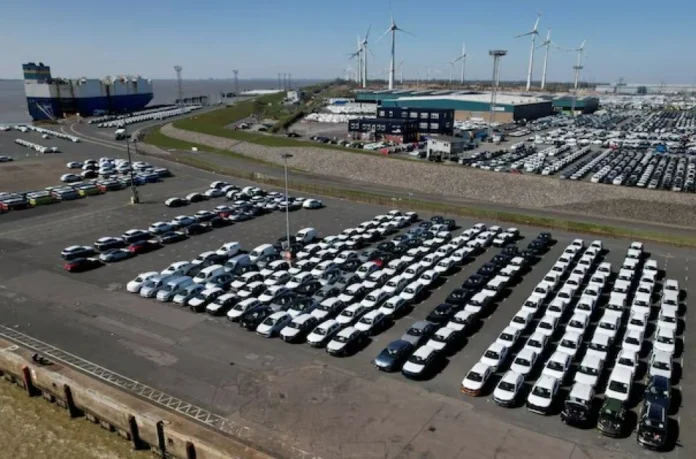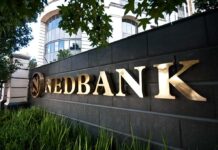
German car exports to the United States dropped significantly in April and May following the implementation of steep import tariffs by U.S. President Donald Trump, the German automotive industry association (VDA) reported on Thursday.
According to VDA data, auto exports to the U.S. declined by 13% in April and 25% in May compared to the same months in 2024. In total, just 64,300 vehicles were shipped to the U.S. across the two months, marking a sharp setback in what remains Germany’s most vital foreign automotive market.
The decline follows Trump’s decision in April to impose 25% tariffs on European car imports, a move aimed at strengthening domestic U.S. manufacturing. In May, the tariffs were extended to include car parts, further compounding the pressure on German automakers.
VDA President Hildegard Mueller urged swift diplomatic intervention. “Every effort must be made to find a political agreement between the EU and the U.S. as quickly as possible. A free trade agreement should remain a long-term goal. However, speed plays a decisive role,” she said.
President Trump has set a July 9 deadline for a deal to be reached with the European Union, intensifying pressure on both sides.
German Chancellor Friedrich Merz echoed the call for urgency, warning that key industries such as automotive, steel, and pharmaceuticals face mounting risks due to the escalating trade dispute.
According to VDA estimates from June, German car manufacturers incurred losses of around €500 million in April alone as a result of the tariffs.
The ongoing standoff has raised concerns about broader economic fallout, with industry leaders warning of production cuts, layoffs, and slowed investment if the dispute continues unresolved.
Written By Rodney Mbua


















